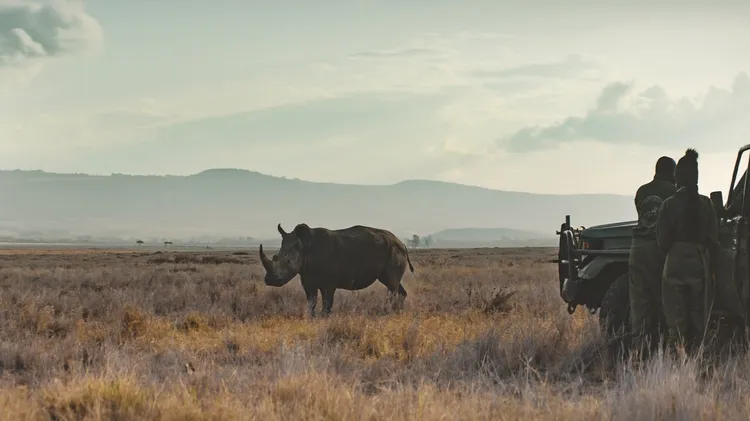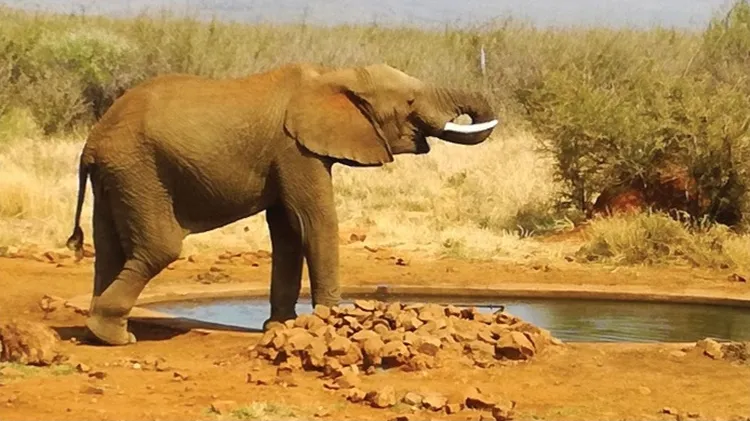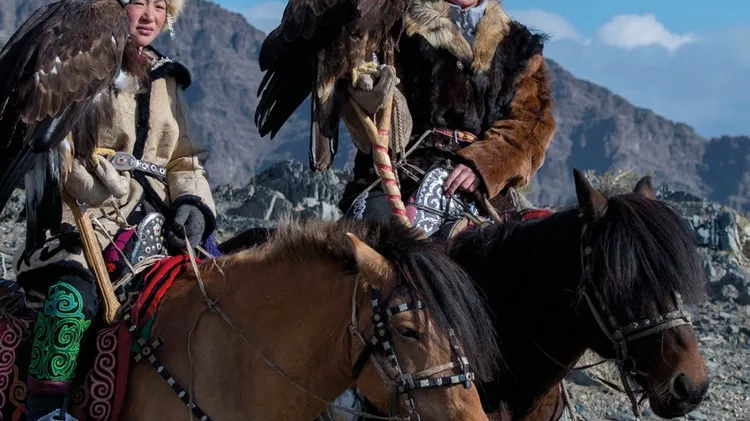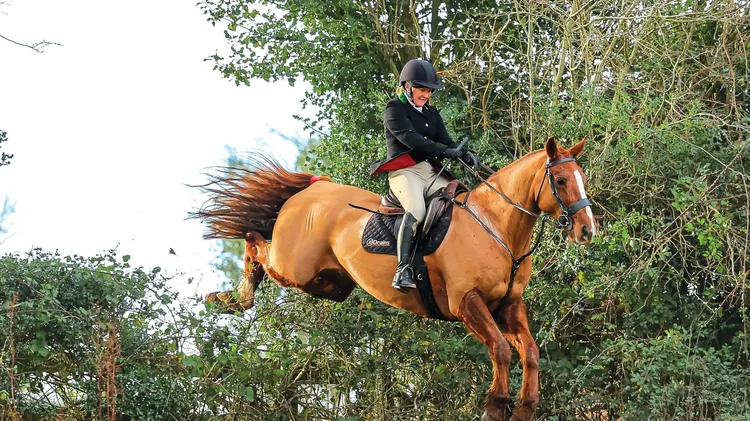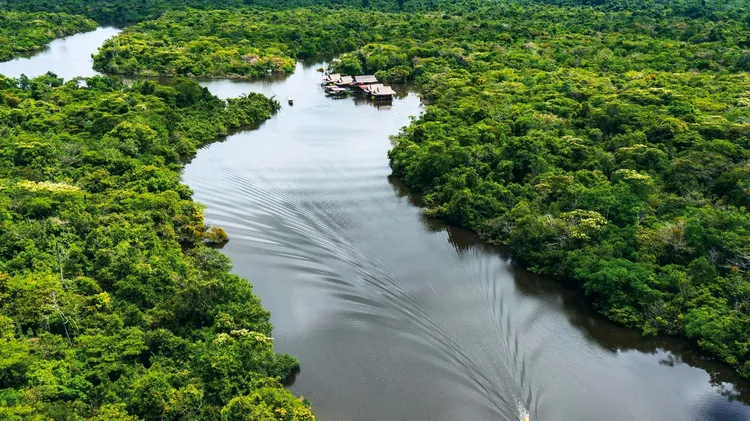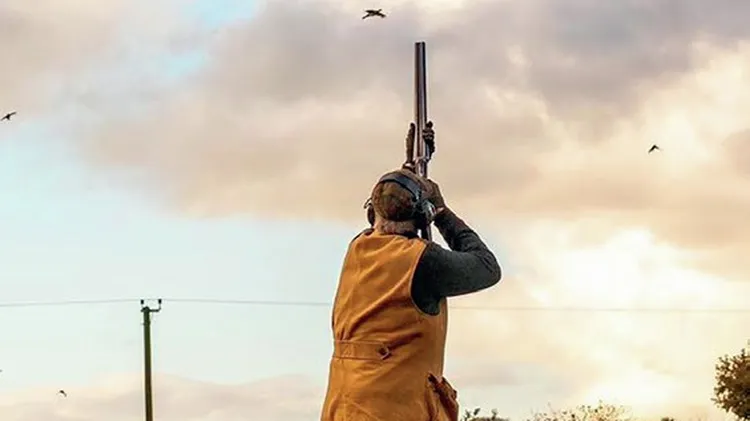Does allowing wealthy tourists to kill wild animals actually help conservation?
On thehunt
11 min read
This article is from...
Read this article and 8000+ more magazines and newspapers on Readly

